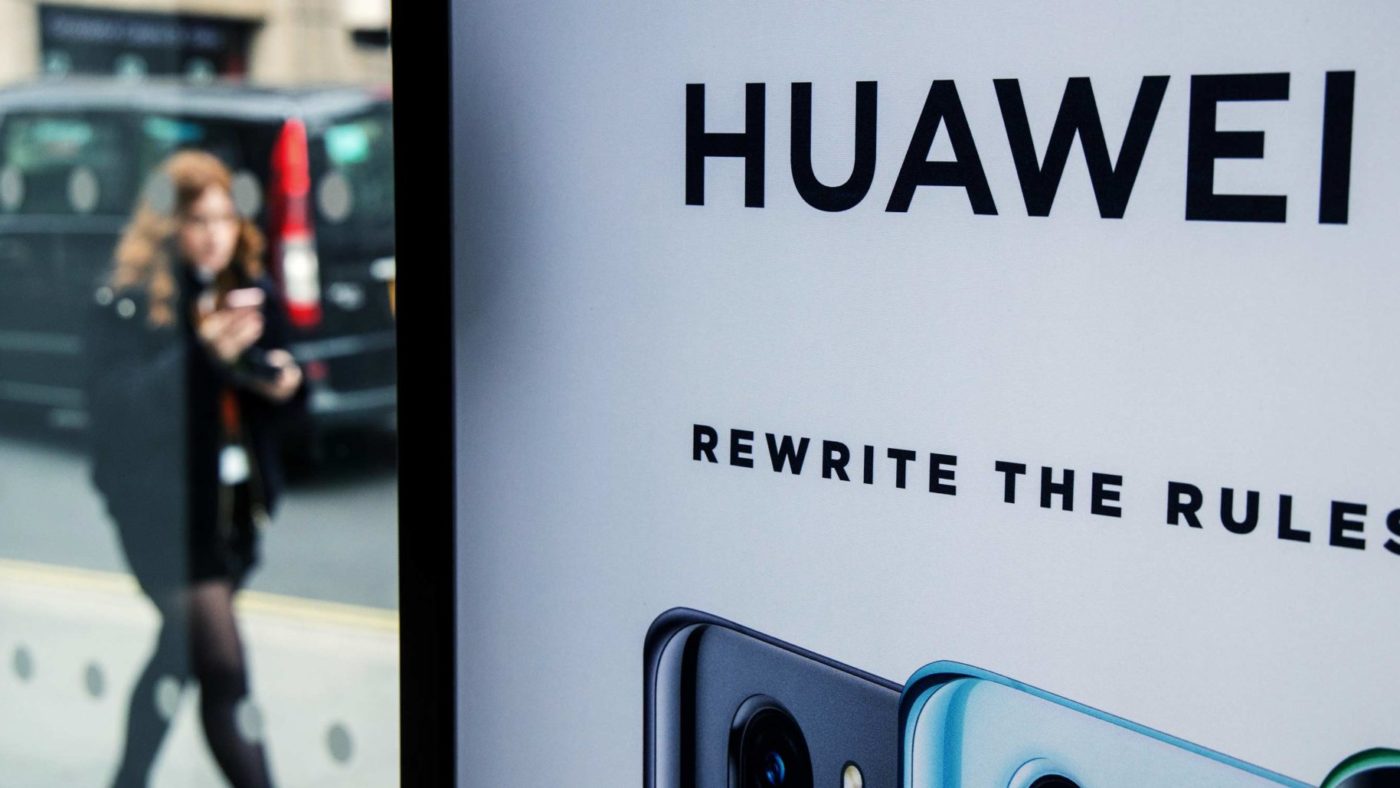This may be the month that reshapes our relationship with China.
At the beginning of last week, a report from the newly-formed Inter-Parliamentary Alliance of China (IPAC) revealed China’s deliberate policy of sterilisation of its Muslim minorities in a Chinese border province of Xinjiang. In the middle of the week, China tore up the treaty it signed with Britain to protect the rights of Hong Kongers, undermining the constitutional freedoms in Hong Kong’s Basic Law.
The dream of a peaceful China at peace with the world is, certainly for now, fading. The world is changing. Our political leaders need to be honest about it. We need a new and realistic policy towards China.
China – and Russia, thanks to a referendum last week – are now led by presidents-for-life. Both are one party states run by men opposed to us and our values system. Both are engaged in forms of hybrid conflict to damage the international order that has, overall, greatly benefited humanity, not least China itself.
Here, the front line is around Huawei, the Chinese telecommunications giant which has built up a powerful position in the UK. China wants it in our Critical National Infrastructure.
When I co-wrote the original Huawei report last year, the numbers of MPs here concerned about Huawei or China was small. Now the Huawei Interest Group has 60 MPs – just from the Conservatives. In the House of Commons, Labour has sensibly signalled that they too were likely to oppose Huawei’s inclusion in 5G. The Lib Dems and SNP – to their credit – both also oppose Huawei.
The issue has never been about Huawei itself, but the state behind it, China. Huawei is not, as we would understand it, a private company. It is effectively part and parcel of the China’s one-party, Communist state. Huawei is a fig leaf firm giving the Chinese state a route into other nation’s critical
China’s deliberate policy is to undermine Western communications and secure dominance for the Chinese Communist regime. This isn’t the plot to an airport thriller, but China’s openly stated policy. Our own government said in its telecoms report earlier this year that the Western communications industry was just a few years away from collapse.
Here, Huawei has offered us a no-spy agreement. It’s not worth the paper it is written on. The Government last week told Tobias Ellwood’s Defence Committee that Chinese citizens working for Huawei here would be bound by China’s intelligence laws which force it to spy for its country. And can anyone trust China’s leadership now that it has torn up the Sino-British treaty over Hong Kong?
More generally, MPs on all sides are now unifying around the belief that we badly need a new policy towards China. For sure it is an economic superpower – but we need to be clear-eyed. So what are the answers?
First, we should continue to welcome Chinese tourists and especially students, but not the surveillance state that accompanies them, nor those PhDs students who are really spies stealing technical secrets.
We should welcome trade in many areas, but not to the extent that it will damage our alliances or exert significant influence over our politicians and the decisions they make, at home or abroad.
These red lines and exceptions would include a significantly tougher line on Chinese state purchases on firms in sensitive areas (helpfully identified by China) which include super-computing, artificial intelligence and facial recognition.
Critically, to prevent undue Chinese influence in our state, we need to block China from our Critical National Infrastructure. This would not only preclude Huawei, but also China’s building of the Bradwell C reactor. The move to keep China out of our CNI is not to block trade, but it is to protect our independence and out interests.
Finally, we need an international alliance. We need to show support to allies such as Australia who last week announced a significant increase in defence spending and a ballistic shield protection programme as the military balance in the Pacific deteriorates.
The world is changing. We need to change with it.
Click here to subscribe to our daily briefing – the best pieces from CapX and across the web.
CapX depends on the generosity of its readers. If you value what we do, please consider making a donation.


